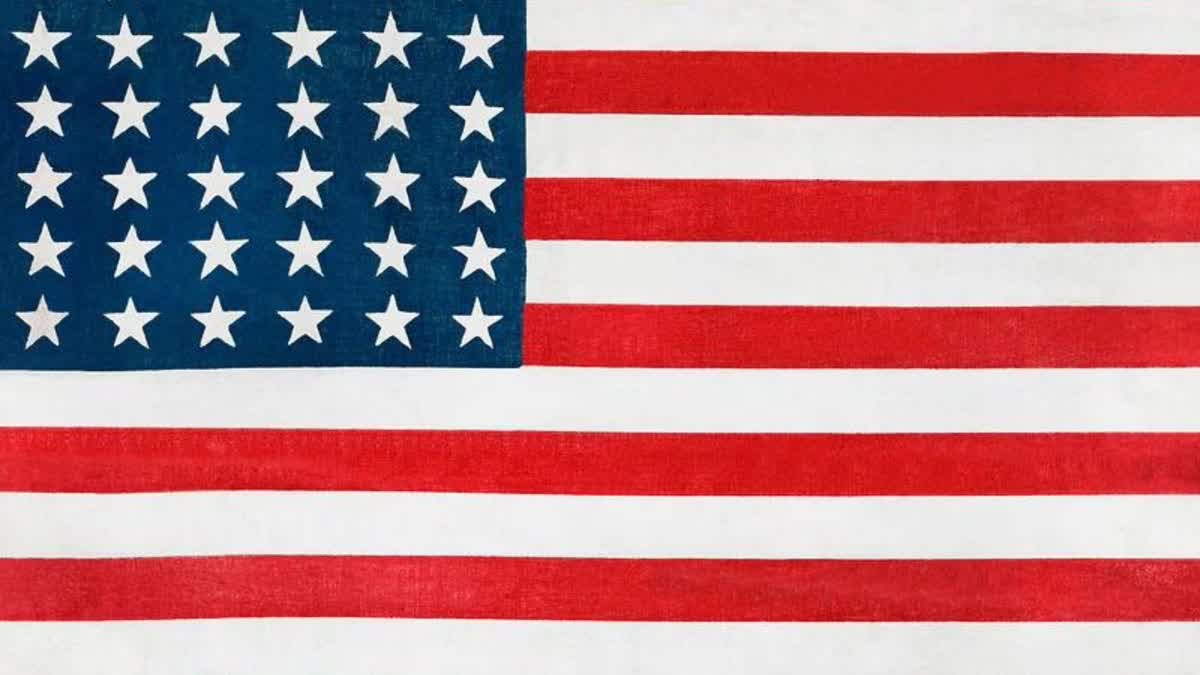New Delhi: In what can be seen as a bid to leave her legacy before her term in the UN is likely to come to an end when a new administration takes over in Washington next year, the US’ Permanent Representative to the world body Linda Thomas-Greenfield has voiced her country’s support for permanent membership of India, Germany, Japan and two seats from Africa in the UN Security Council (UNSC).
“For years, countries have been calling for a more inclusive and a more representative Council; one that reflects the demographics of today’s world, and better responds to the challenges that we face today,” Thomas-Greenfield said while addressing the Council on Foreign Relations on the Future of Multilateralism and UN Reform earlier this week.
“It’s why, two years ago, (US) President (Joe) Biden announced that the United States supports expanding the Security Council to provide permanent representation for countries from Africa, as well as Latin America and the Caribbean,” she said. “That in addition to the countries we’ve long supported for permanent seats: India, Japan, and Germany, we would support Africa and Latin America and the Caribbean.”
She further said that the US supports creating two permanent seats for Africa on the Council.
“From Kenya’s contributions to the Multinational Security Support Mission in Haiti, to Gabon’s support to protect our planet, we have seen how African leadership not only benefits the lives of Africans, but people across the globe,” Thomas-Greenfield said. “So now, it’s time for African leadership to have a permanent place on the Security Council too.”
However, during a moderated conversation with senior journalist Elisa Labott later, Thomas-Greenfield said that though the US supports new permanent members in the UNSC to reflect today’s world, it was against extending the veto power to such members.
As of now, the original five permanent members (P5) of the UNSC – the US, the UK, France, Russia (formerly the Soviet Union) and China – enjoy the veto power.
What is veto power?
The word “veto” comes from the Latin for “I forbid”. The concept of a veto originated with the Roman offices of consul and tribune of the plebs or tribune of the people. There were two consuls every year; either consul could block military or civil action by the other. The tribunes had the power to unilaterally block any action by a Roman magistrate or the decrees passed by the Roman Senate.
In today’s world, in the most typical case, a president or monarch vetoes a bill to stop it from becoming law. In many countries, veto powers are established in the country’s constitution. Veto powers are also found at other levels of government, such as in state, provincial or local government, and in international bodies. Some vetoes can be overcome, often by a supermajority vote: in the US, a two-thirds vote of the House and Senate can override a presidential veto.
However, at the UNSC, a veto by any of the five permanent members is absolute and cannot be overridden. Every permanent member has used this power at some point. A permanent member that wants to disagree with a resolution, but not to veto it, can abstain. The first country to use the latter power was the Soviet Union in 1946, after its amendments to a resolution regarding the withdrawal of British troops from Lebanon and Syria were rejected.
So, why were the original five permanent members of the UN given the veto power?
The idea of the UN and the concept of veto power emerged from the ashes of World War II. The formation of the UN was led by the Allied Powers, who had emerged victorious from the war. These countries, particularly the US, UK, the Soviet Union, and China (later joined by France), played a central role in defeating the Axis powers and were considered the major global powers at the time.
The League of Nations, the UN’s predecessor, failed in part because it lacked the enforcement power and unity among its members to prevent the rise of fascism and aggression that led to World War II. Its decisions were often ignored, and it did not have a mechanism to ensure the compliance of the major powers. The founders of the UN wanted to avoid this problem and created a system that could more effectively maintain international peace and security.
To ensure that the major powers would participate in and commit to the UN, they were granted veto power in the Security Council. The veto was seen as a necessary mechanism to avoid the withdrawal or non-participation of these nations, which had happened with the US and the League of Nations.
